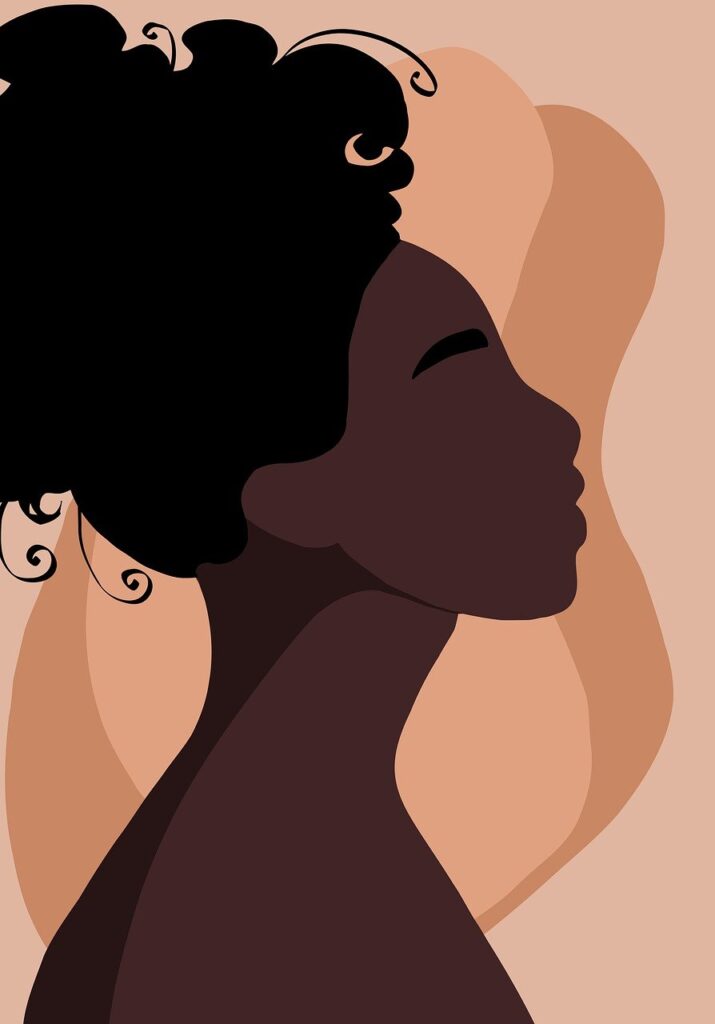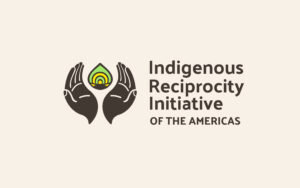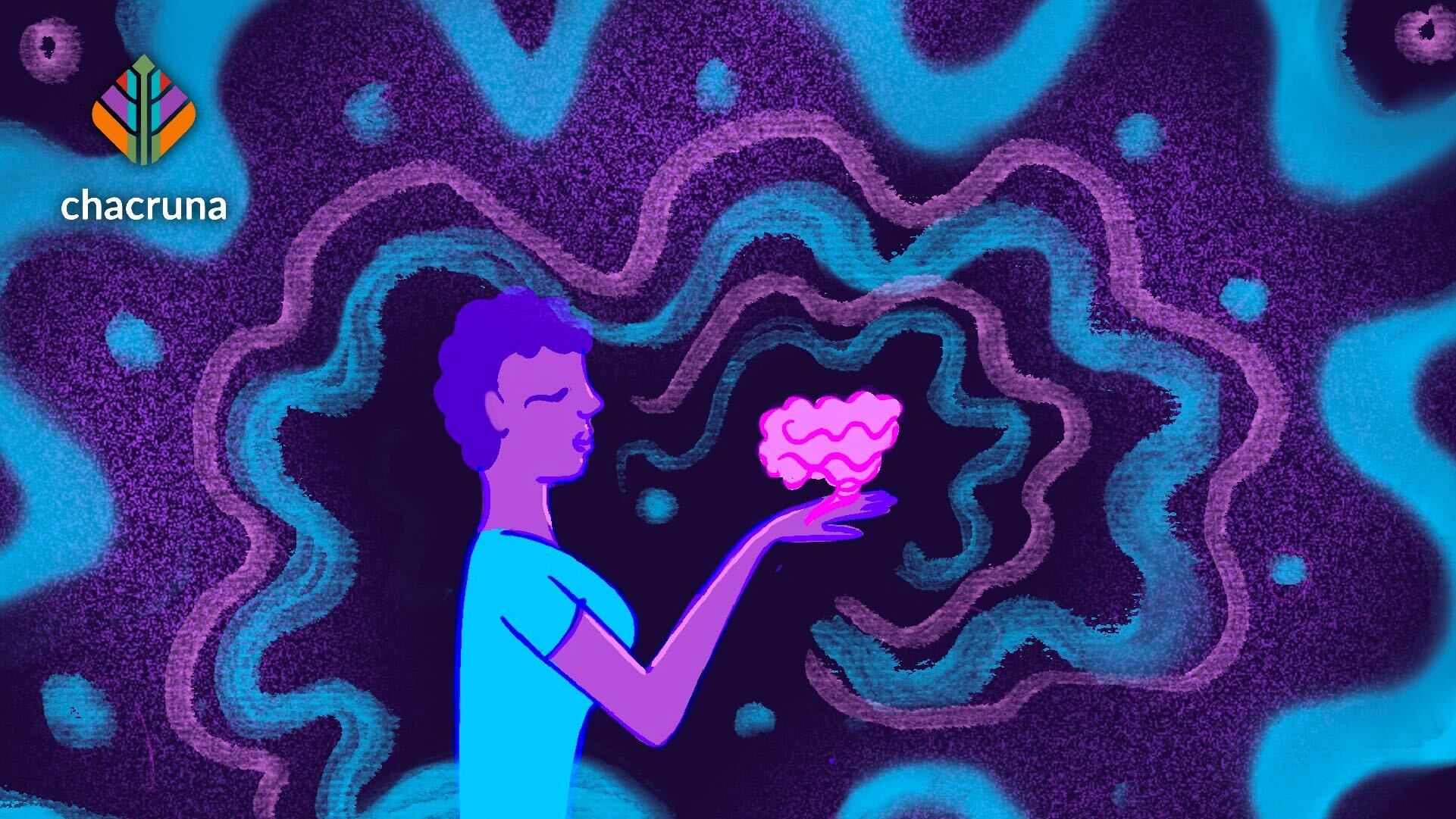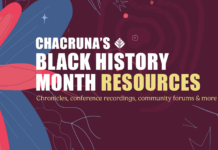It’s About: The Right Therapy for Black Communities
In a society grappling with racial inequities, the quest for anti-racism necessitates a candid examination of root causes and a resolute commitment to transformative action, even when discomfort arises, and avoidance is tempting. While contextual behavioral science (CBS) and third-wave cognitive-behavioral approaches have shown efficacy primarily within White populations, their effectiveness with people of color, especially Black Americans, remains underexplored.
The current research highlights a disconnect between the mental health needs of Black individuals and the focus of existing CBS interventions. While anxiety and PTSD are prevalent among Black populations, treatment modalities often prioritize substance abuse, overlooking critical areas of concern such as racial trauma and anxiety. Furthermore, there is a notable absence of efficacy data on contextual behavioral therapies for Black individuals, hindering progress in addressing their unique needs.
We need anti-anxiety programs. Not more drug testing.
A recent study of 37,860 patients in fact found that despite being tested more often, Black mothers showed lower rates of positive drug tests compared to White mothers and other racial groups.
Prioritizing substance abuse treatment over anxiety therapy for Black individuals reflects societal biases rooted in stereotypes perpetuated by White-dominant cultural narratives, neglecting their genuine mental health needs.
Historically, Black communities have faced systemic discrimination, economic disparities, and higher rates of stressors compared to White populations. Despite these challenges, studies have shown that Black individuals often exhibit similar or even better mental health outcomes than their White counterparts.

This paper underscores the imperative of tailoring CBS interventions to address the unique challenges faced by Black communities, particularly concerning racial stress and trauma. Despite the promise of approaches like Acceptance and Commitment Therapy (ACT) and Functional Analytic Psychotherapy (FAP), CBS has fallen short in meeting the needs of Black individuals. Lack of representation in research, organizational biases, and systemic racism perpetuate disparities in mental health care.
To dismantle these structures, researchers and organizational leaders must confront racism at its core and implement anti-racist policies and practices. By acknowledging past failures and committing to equity, the CBS community can pave the way for a more inclusive and just future.
Note: This series highlights articles from the recently published special issue of Frontiers in Psychology, “Power, Discrimination, and Privilege in Individuals and Institutions,” edited by Sonya Faber, Monnica T. Williams, Matthew D. Skinta, and Bia Labate.
Faber, Sonya C., Metzger, Isha W., La Torre, Joseph, Fisher, Carsten, Williams, Monnica T. (2023). The illusion of inclusion: contextual behavioral science and the Black community. Frontiers in Psychology 14. https://doi.org/10.3389/fpsyg.2023.1217833
Art by Fernanda Cervantes

Discover the Indigenous Reciprocity Initiative of the Americas
Take a minute to browse our stock:
Did you enjoy reading this article?
Please support Chacruna's work by donating to us. We are an independent organization and we offer free education and advocacy for psychedelic plant medicines. We are a team of dedicated volunteers!
Can you help Chacruna advance cultural understanding around these substances?















